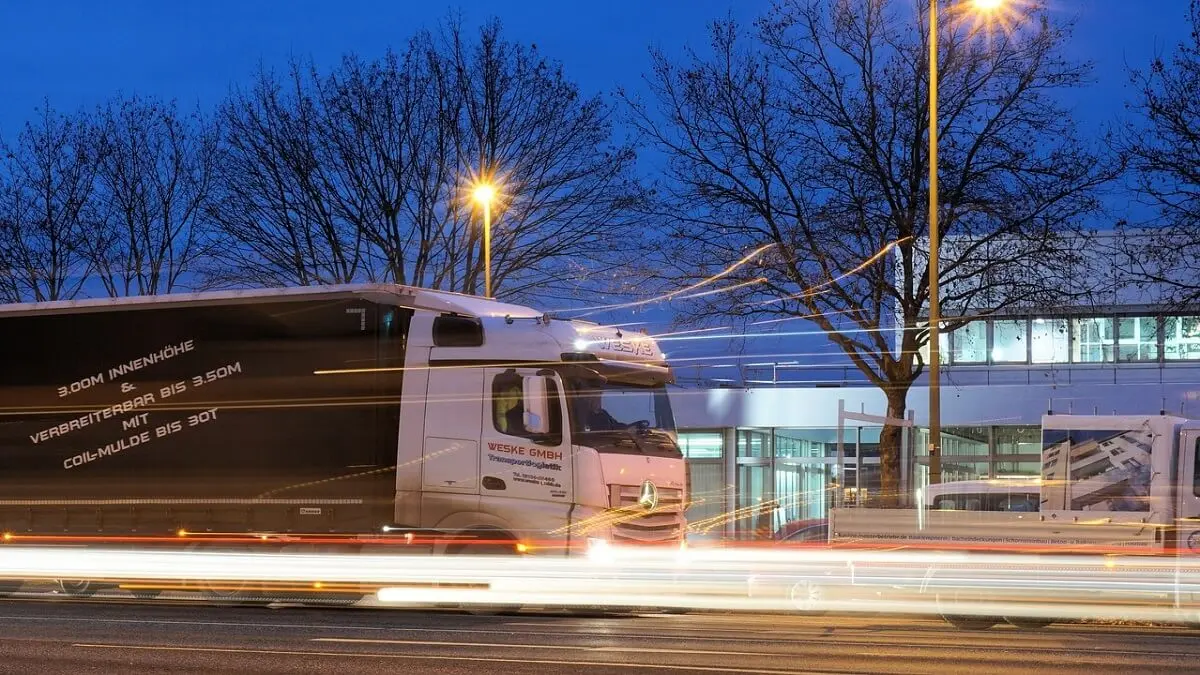Reviewing the energy transition strategy

There is no doubt that, aside from the past elections and the upcoming elections on 23 July, from this summer onwards Spain faces one of the most important issues on the political calendar, namely the EU presidency from 1 July to 31 December this year. We know that the presidency will be started by the current government, and it will be the ballot box that will decide whether or not it will also end.
For the country that holds the presidency for six months, the EU presidency means the possibility of prioritising the issues it considers most important and trying to reach a consensus on them, without forgetting, of course, the many unresolved issues that unfortunately weigh perennially on the European institutions.
For a long time now we have been immersed in an energy transition with dubious results, and I am not saying so myself, but this is demonstrated by the results of emissions, which are increasing annually despite the restrictions imposed by Europe. Perhaps this is because Europe only accounts for 9% of the total emissions that the planet has to bear, and as far as our sector is concerned, approximately 23% is emitted by transport, not just road transport but all transport. Therefore, the emissions that Europe contributes for this reason account for 2% of the total emissions produced in the world.
This does not mean that nothing needs to be done. It is very commendable that Europe is setting the trend in this respect and that it is absolutely necessary to raise awareness in order to resolve the major problem of global warming. What I believe is that it would be advisable to take a serious look at the strategy that is being followed in order to obtain the desired results, because today it is not working, at least in transport.
It is clear that there are sectors that are impossible to electrify at the moment, such as air or sea transport, which are pinning their hopes on second or third generation biofuels and, in the future, on fuels derived from hydrogen and CO2 capture, which is why we are seeing news of the first aircraft already using these non-fossil fuels on their routes or ships being supplied in the same way.
The question is why road transport is not being given the same opportunity.
The whole energy transition narrative has been based on one essential principle: technology neutrality.
Well, this is what is currently conspicuous by its absence, some technologies are being prioritised over others without taking into account their development possibilities or their maturity, and sometimes huge sums of money are spent on illusions rather than on realities, which time and time again hit the wall. It is very difficult to impose changes that society finds impossible to assimilate.
We have a reality in second generation ecofuels, which are perfectly viable and feasible in the economy we live in and which, moreover, according to all published studies, at least those that are not clearly targeted, could reduce CO2 emissions significantly, meeting the premise of zero net emissions by 2050 and in an almost imminent timeframe, without having to wait to create a new energy supply network through hundreds of thousands of electric recharging points, without having to force citizens, already immersed in other crises, to change their vehicles for others that do not yet meet their expectations or their needs and, above all, freeing us from the energy dependence to which we are prisoners today.
It is also important to point out that Spain has the opportunity to play a leading role in all of this. We are a country with vast renewable energy resources, with agricultural, forestry and livestock waste that is currently being wasted, with a rural Spain that is not being given opportunities for development and with an industry capable of taking a leading role, because it has been investing and updating itself to become one of the most advanced in the world, capable not only of generating resources to cover our domestic demand, but also of becoming one of the main European producers of biofuels and e-fuels.
It may not be politically correct to talk about these things, or you may feel like an old fairground attraction when you bring them up, but the point is to find the best possible solution, and that is, without any doubt, to make the most of what we have today and know how to manage.
Hadrian, the Roman emperor, said that the worst law is the one that cannot be complied with. Let us not waste so many centuries of wisdom.
Víctor García Nebreda, Secretary General of AEVECAR and AEESCAM

